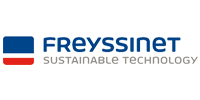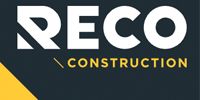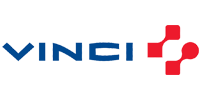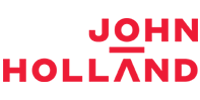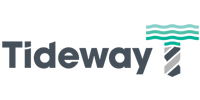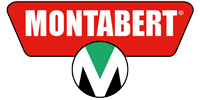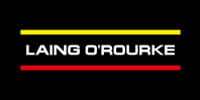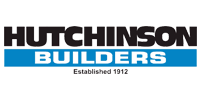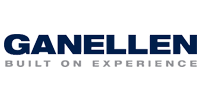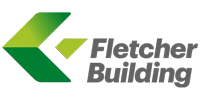The world’s leading force in noise control — experience the Hushtec difference.
Noise Control Finder
The world’s leading force in noise control — experience the Hushtec difference.
Noise Control Finder
Get a Quote
Noise Control for Anywhere (Yes, Even Underwater)
From construction chaos to underwater builds and film sets where silence is golden — we’ve got the tools to hush it all. Whether your project’s on land, sea, or somewhere in between, we’ll help you shut the noise down without slowing things up.
Tell us what you’re working on, and we’ll send over a custom quote — no stress, no pressure, no earplugs required.
Contact Us
Let’s Talk (Quieter Spaces, That Is)
Got a noise problem that’s driving you up the wall? We get it. Drop us a message and we’ll help you dial down the decibels — without the drama.

Contact Us
Become a Hushtec Distributor
Our noise control products are sold around the world, so find out more about what’s involved in becoming a Hushtec distributor.
Connect with us to find out more.
Talk to Us
We invite you to get in touch with our team to learn more about our products or book a consultation to discuss your specific requirements. Our experts are ready to assist you and provide a free, no-obligation consultation tailored to your needs.

Search
Tailored acoustic solutions for construction, demolition, infrastructure, utilities, marine, data centers, film, mining, and more—engineered to meet standards and minimize disruption.

Hushtec's robust noise control solutions minimize sound disruption during demolition projects, ensuring safety and compliance in even the most challenging environments.
Learn More
Our advanced noise barriers and acoustic screens effectively reduce sound pollution on construction sites, helping to maintain a quieter, safer work environment.
Learn More
Hushtec provides tailored noise reduction solutions for utility projects, offering reliable sound control that meets industry standards while enhancing operational efficiency.
Learn More
Hushtec’s noise control solutions are vital for infrastructure projects, reducing sound impact and enhancing community relations while ensuring compliance with environmental regulations.
Learn More
Hushtec Solutions creates advanced bubble curtain systems that reduce underwater noise, protecting marine life and vital ocean ecosystems during offshore activities.
Learn More
When it comes to film production, capturing clear, crisp audio is as vital as the visuals. External noise—whether from traffic, weather, or nearby construction—can derail the perfect shot.
Learn More
Hushtec provides advanced noise solutions for stadiums and sports venues, enhancing audience experience while ensuring compliance and performance.
Learn More
Hushtec provides rugged acoustic solutions for oil, gas, and mining, ensuring compliance, safety, and productivity in extreme environments.
Learn More
Hushtec offers modular acoustic solutions for data centres and crypto mines, reducing noise, ensuring compliance, and maximizing operational efficiency.
Learn More
Hushtec provides custom acoustic solutions for solar installations, reducing noise in sensitive areas and supporting consent, compliance, and community trust.
Learn MoreA complete range of acoustic barriers, modular walls, tents, enclosures, and custom systems—tested for performance, durability, and rapid install.
With five decades of expertise, we deliver tailored noise control for simple to complex sites—off-the-shelf or custom-engineered.
We are the only company in New Zealand offering a full suite of services—from design and development to manufacturing—at our state-of-the-art facility.

Proven acoustic performance for high-complaint environments.

Minimal downtime with repeatable, contractor-friendly setups.

Built to withstand harsh conditions and long deployments.

Performance-matched aesthetics with project/council branding.

With over 50 years of industry expertise, Hushtec has become a trusted leader in delivering cutting-edge noise control solutions for diverse industries. From construction sites to manufacturing plants, our proven systems ensure compliance with strict regulations while creating safer and quieter environments for both workers and communities.
Our specialized range of acoustic barriers, temporary noise enclosures, and soundproofing panels are designed to meet the toughest challenges in industrial and commercial settings. By combining innovation with decades of knowledge, we deliver solutions that are effective, durable, and adaptable to your project requirements.
Whether you need reliable standard noise control products or fully customized soundproofing solutions, our team has the expertise to exceed expectations. Partner with Hushtec to reduce noise, improve productivity, and build smarter, safer environments with confidence.
Hushtec designs and manufactures advanced acoustic systems used across New Zealand and worldwide. We partner with contractors, councils, and distributors to deliver compliant, durable, and visually considered noise control—on time and on budget.

Latest insights, guides, and case studies on noise control—specification advice, install best practices, and compliance updates.
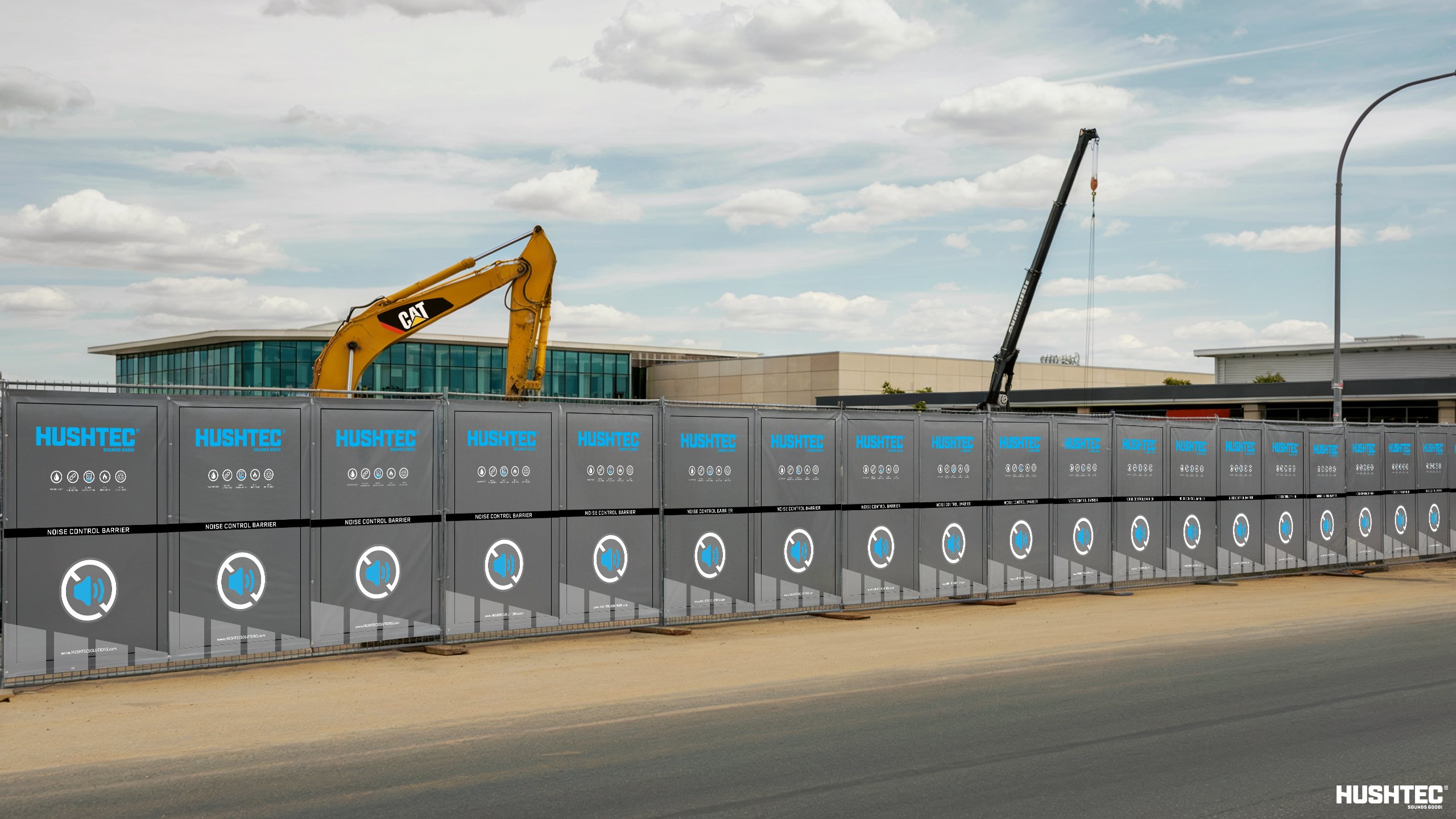
Construction | October 6, 2025
Noise is one of the biggest challenges facing both construction projects and event organizers today. From early morning drilling to late-night festivals, unwanted noise can spark complaints, damage reputations, and even lead to regulatory fines.[...]
We’re collaborators - We build tight-knit partnerships with our clients.
" Hushtec panels are awesome!! No more complaints from our neighbours, more privacy and safety for our on-site staff, and free marketing with our logo printed on them! Highly recommend. "
" I used to think noise barrier blankets didn’t work until I tried the Hushtec panels. These reduced our noise on-site immediately, which enabled us to continue works throughout the night on an urgent project, saving our customer thousands and helping complete the project before scheduled. The team is also very knowledgeable and helpful, couldn’t ask for more. "
"We recently installed the Hushtec EchoShield Wall around a large generator compound,and we couldn't be more impressed with the results. The EchoShield system was by far the easiest noise reduction system we've ever worked with-quick to assemble and straightforward to install. Beyond its ease of use, the performance has been exceptional. It achieved an impressive 31dB noise reduction from our containerized generators, far exceeding our expectations. The quality and effectiveness of the EchoShield Wall have set a new benchmark for us in noise control solutions. We highly recommend Hushtec for any project where noise reduction is critical."
Our products and service consistently meet the high expectations of leading companies in construction, manufacturing, and demolition, earning their ongoing trust and partnership.
